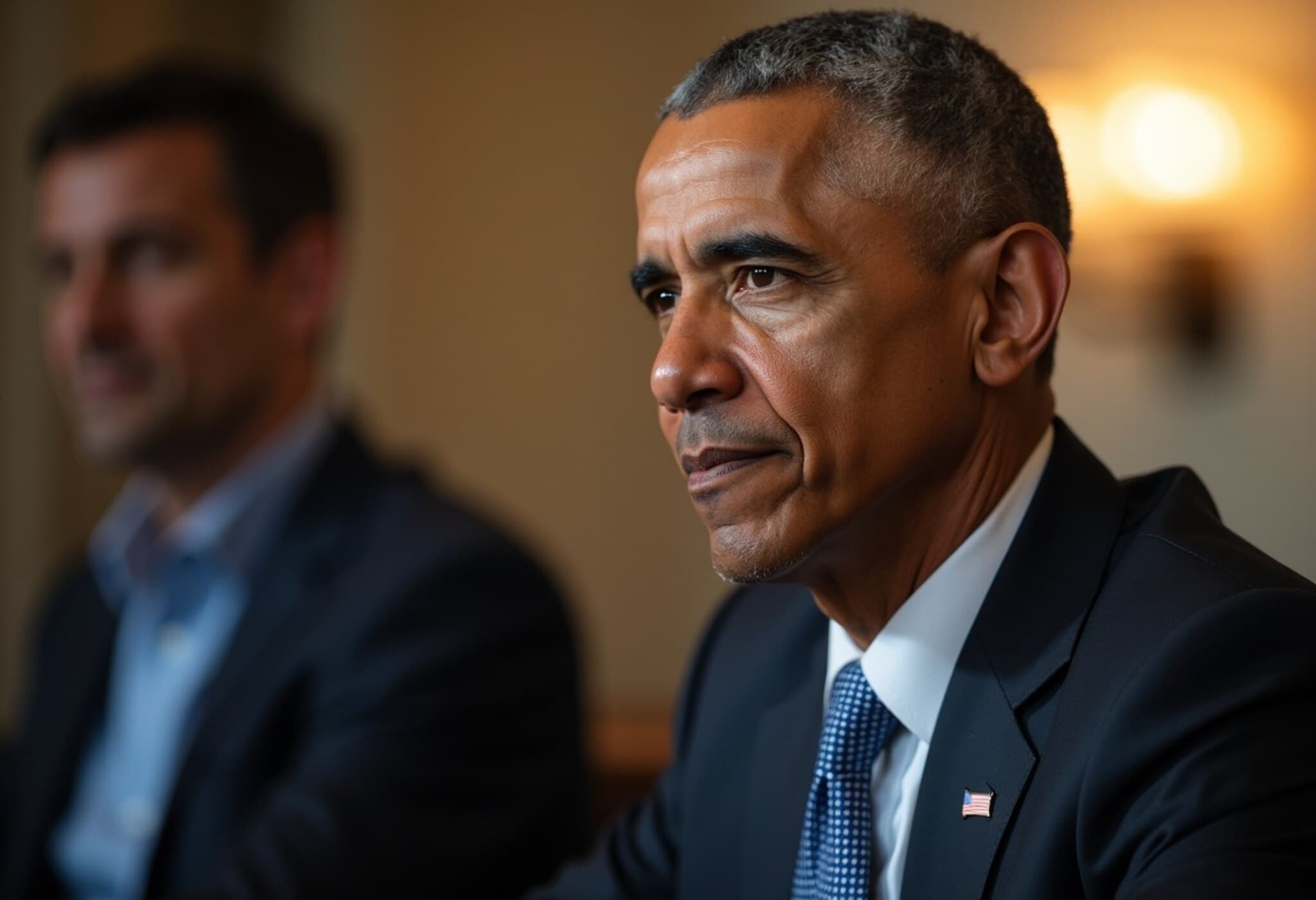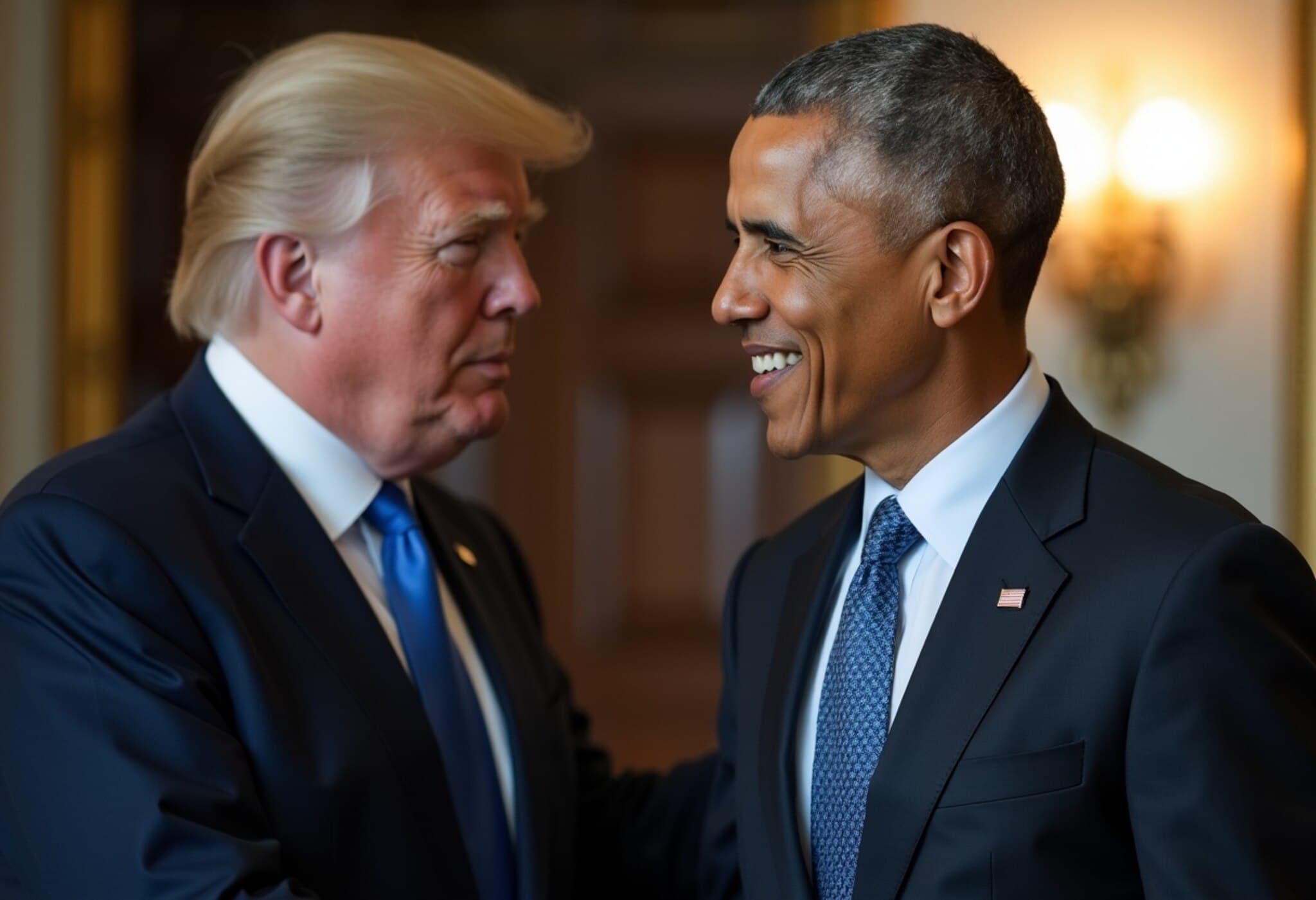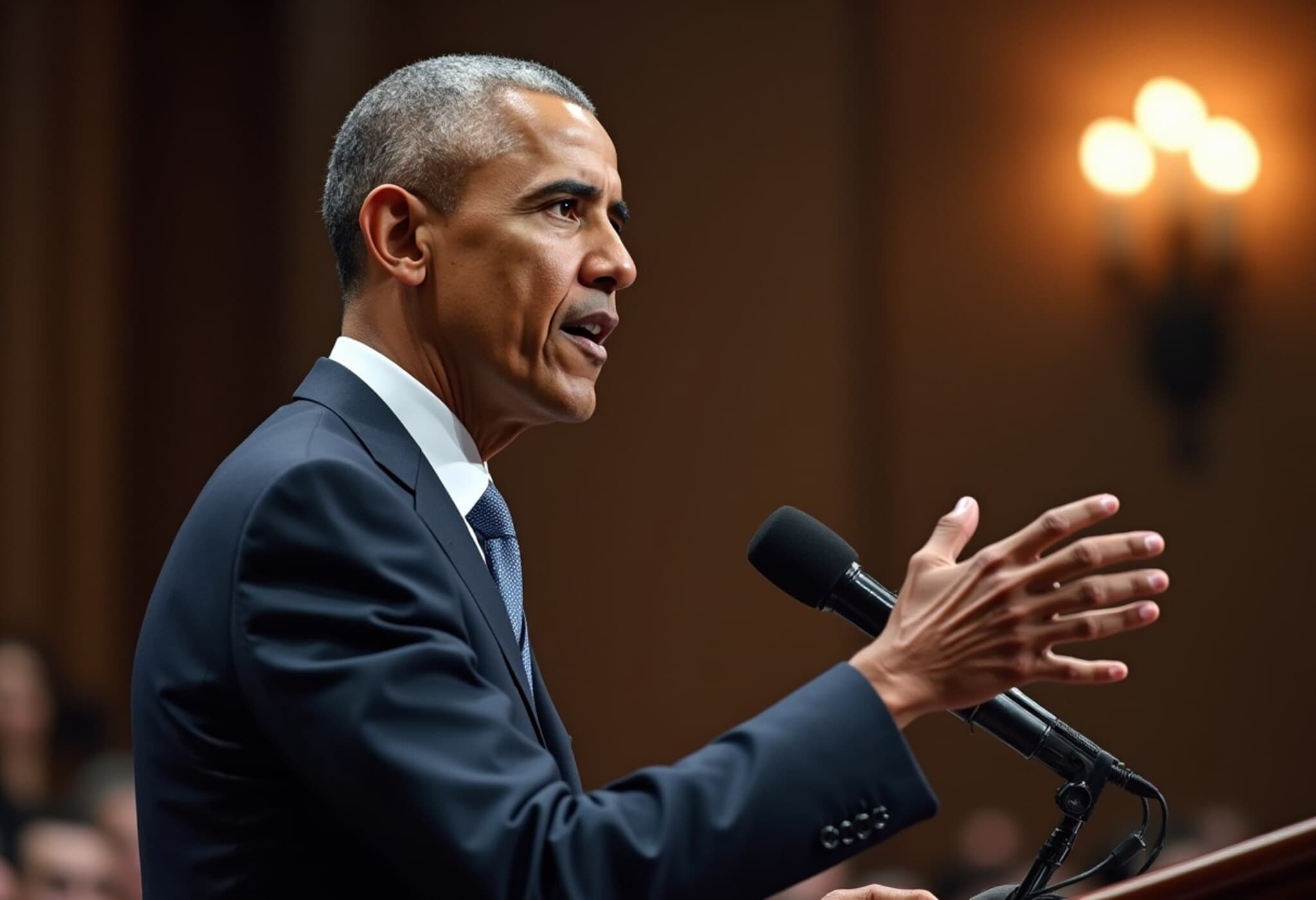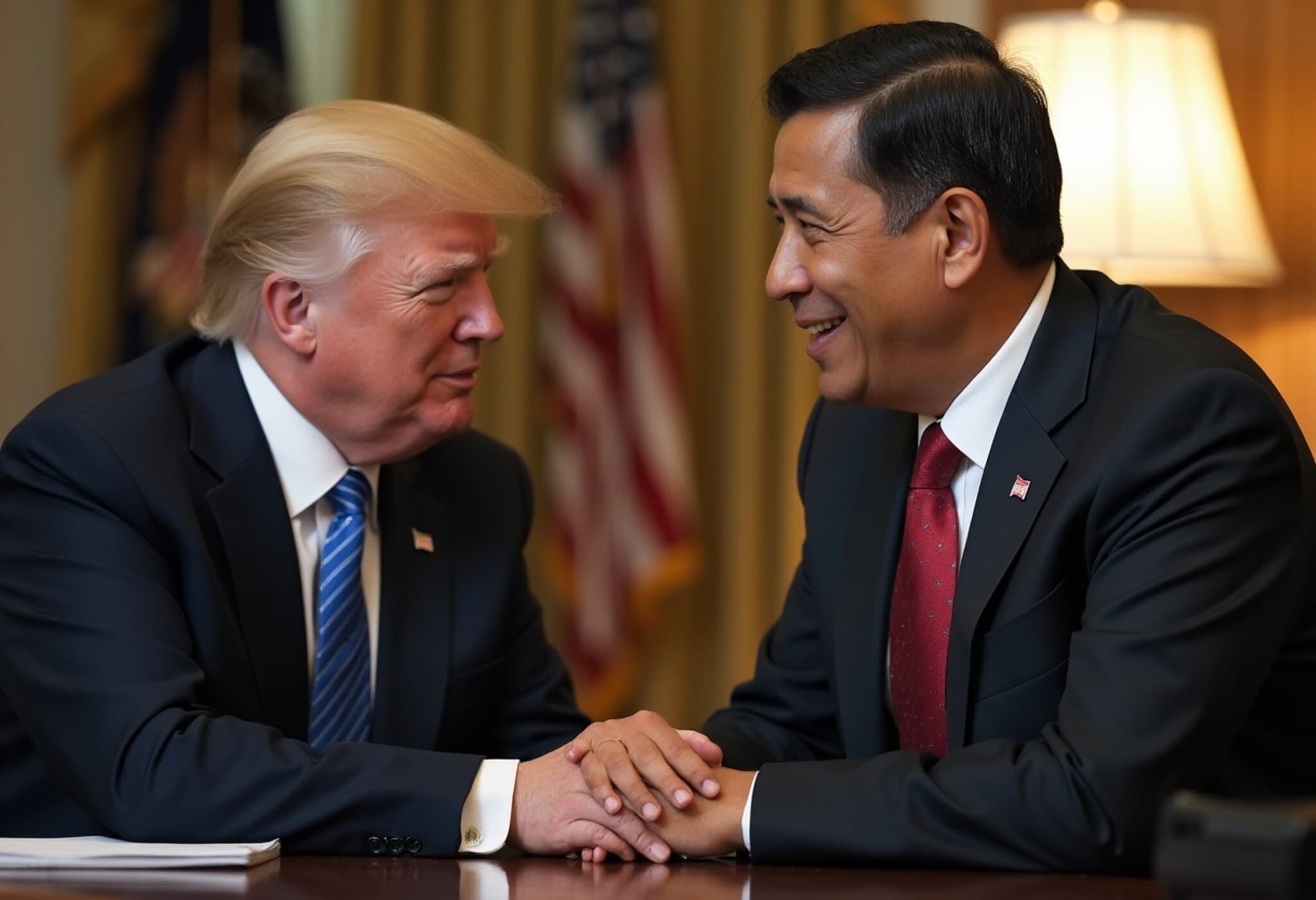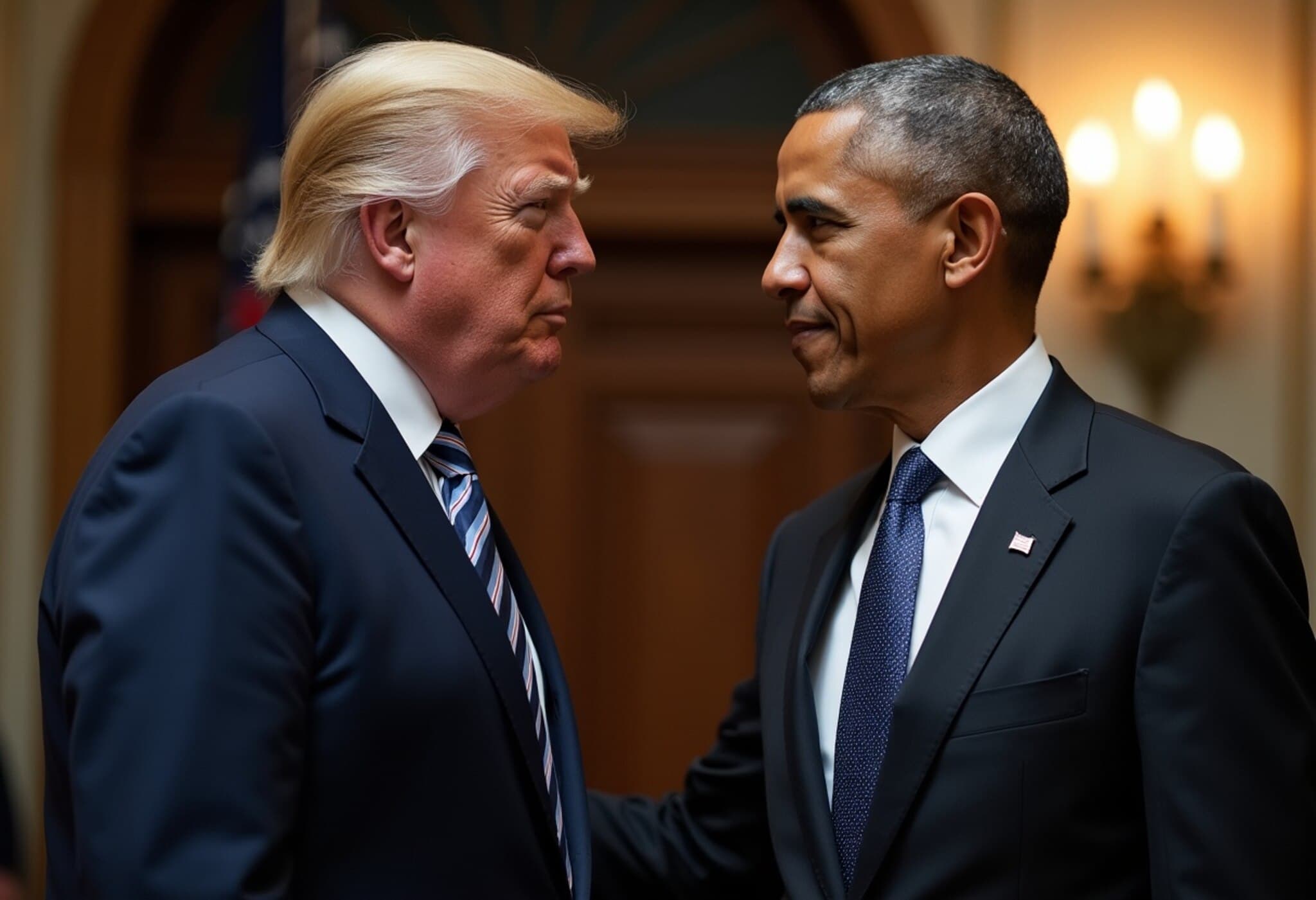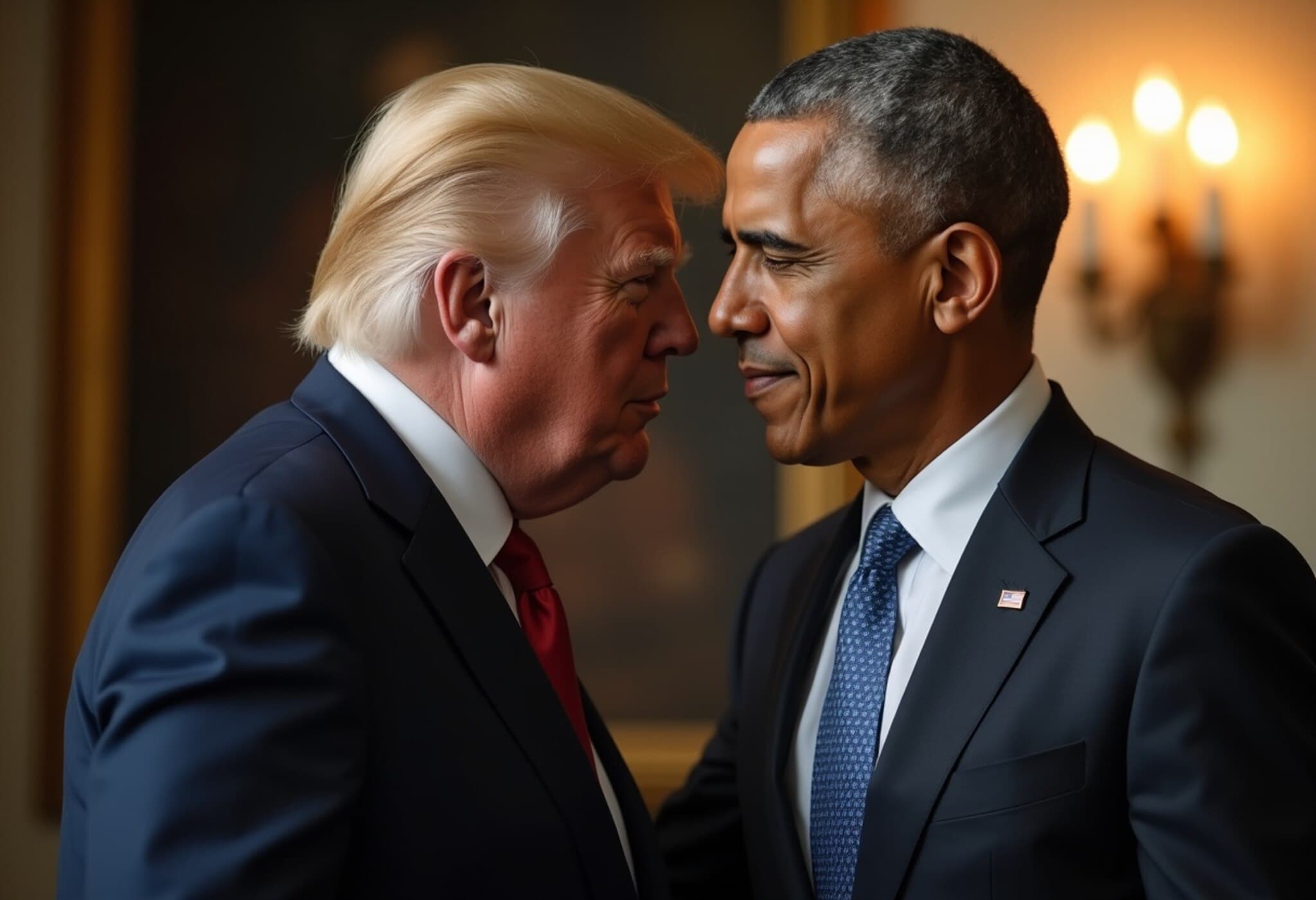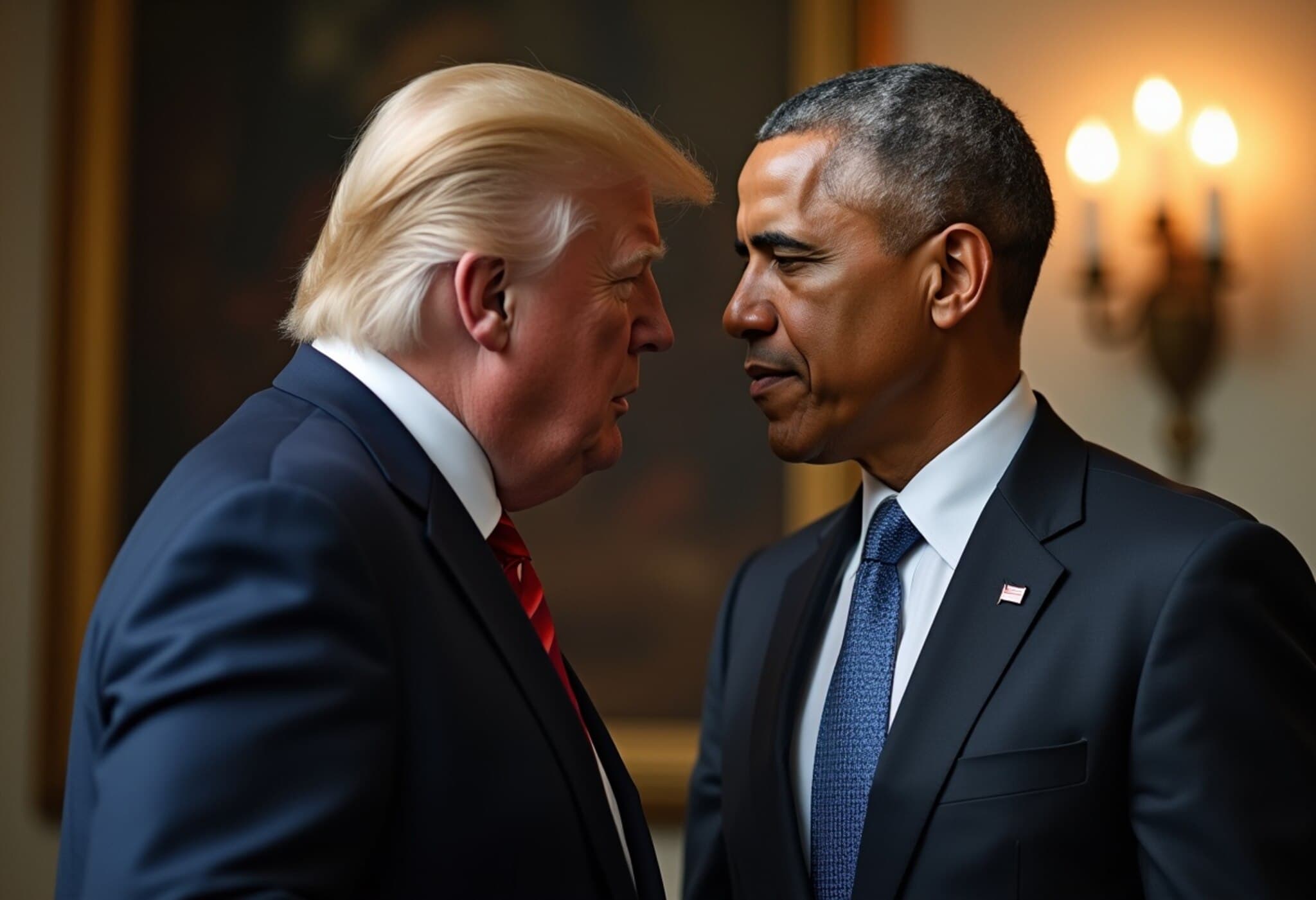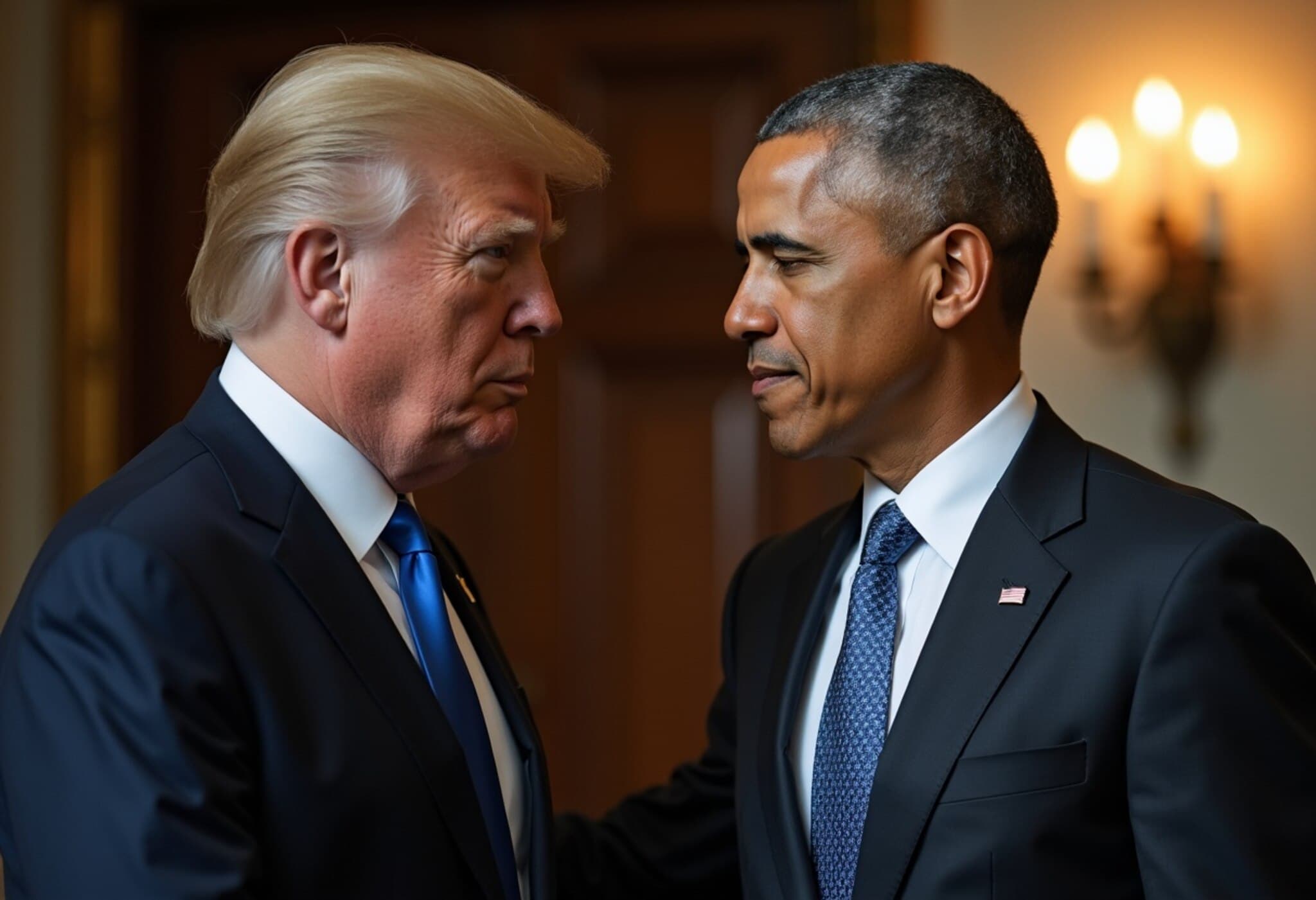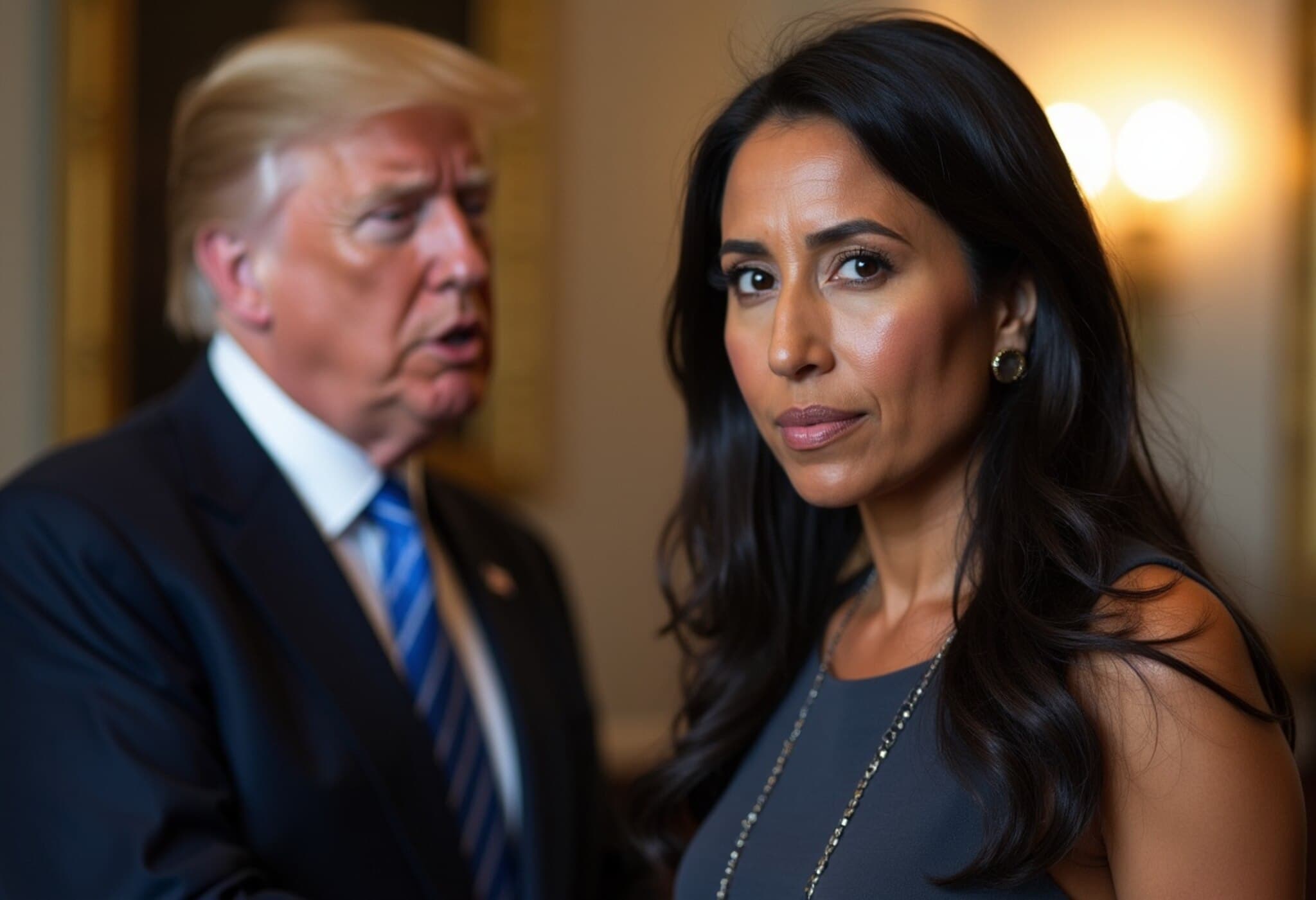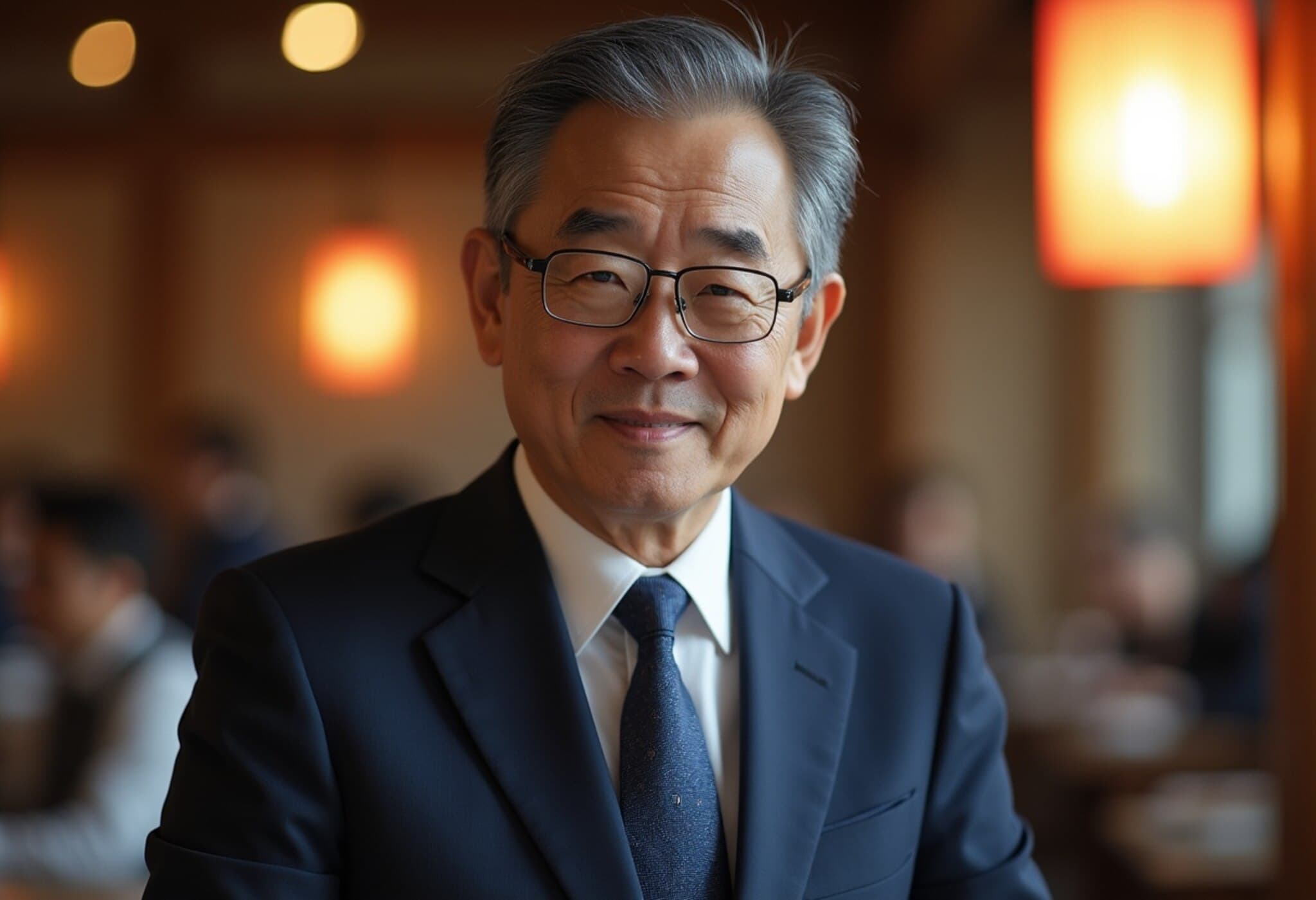Obama’s Office Issues Strong Rebuttal to Trump’s ‘Treason’ Allegations
In a rare and pointed public statement, former President Barack Obama’s office dismissed President Donald Trump’s accusations of “treason” and electoral manipulation as not only unfounded but a deliberate diversion from ongoing controversies involving Jeffrey Epstein. Obama’s spokesperson, Patrick Rodenbush, characterized the claims as “ridiculous” and a “weak attempt at distraction,” emphasizing the commitment to protecting the integrity of the American democratic process.
Background: Trump’s Claims Rooted in Intelligence Dispute
Trump’s allegations stem from assertions by former Congresswoman Tulsi Gabbard and former National Intelligence Director John Ratcliffe, who suggested that officials within the Obama administration manipulated intelligence to undermine Trump’s 2016 presidential victory. Gabbard recently referred these claims to the Justice Department, intensifying scrutiny of the Obama-era conduct surrounding election-related intelligence.
Reexamining the 2016 Election Intelligence Assessments
Central to this debate is a contentious December 8, 2016, intelligence assessment reportedly concluding that Russian cyber activities did not alter the outcome of the election. However, the document was purportedly withheld from President Obama shortly after preparation due to “new guidance.” Gabbard alleges this suggests deliberate suppression of intelligence favorable to Trump’s claims.
Obama’s team rebuts this narrative by citing multiple bipartisan investigations, including the 2020 Senate Intelligence Committee report led by then-Chairman Marco Rubio. These findings affirm that while Russia actively interfered—utilizing hacking, leaks, and disinformation campaigns—there was no evidence of tampering with vote counts themselves.
Obama’s Stand: Integrity of Votes Remains Untouched
In public remarks shortly after the 2016 intelligence brief, President Obama assured the nation that the voting process remained legitimate, stating, “the votes that were cast were counted — they were counted appropriately.” This reflects a key distinction maintained across investigations: interference aimed at sowing discord and misinformation is vastly different from direct vote manipulation.
Political Context: Democrats Label Accusations as Epstein Diversion
As Trump channels attention toward Obama through social media and congressional briefings—describing Obama and others as “vicious, horrible people”—Democratic leaders interpret these maneuvers as calculated distractions. House Democratic Caucus Chair Pete Aguilar highlighted that focusing on the Obama-era intelligence narrative appears designed to divert public and media focus from renewed scrutiny of Epstein-related investigations and ongoing Justice Department releases.
Implications for American Political Discourse
- Weaponization of Intelligence: The episode underscores the challenge of political factions leveraging nuanced intelligence findings to erode public trust.
- Election Integrity Debates: The discourse represents broader anxieties over safeguarding electoral legitimacy in a hyper-polarized environment.
- Media and Public Focus: The need for responsible journalism in disentangling fact from politically motivated fiction becomes ever more critical.
Expert Insight: Navigating Truth in Politically Charged Investigations
From a policy analysis perspective, the resurfacing of contested intelligence documents amid partisan conflict illustrates the precarious balance between transparency and misinformation. Experts caution that reopening settled investigations without new conclusive evidence risks deepening electoral cynicism and hindering institutional trust.
Moreover, the allegations tie into broader discussions about how intelligence agencies communicate sensitive findings to the public and policymakers, emphasizing the importance of clarity and context to prevent misinterpretations fueling political weaponry.
Editor’s Note
This clash between former and current administrations reveals the enduring challenges America faces in healing partisan divides while protecting democratic processes. As accusations intensify, readers are encouraged to critically assess sources, seek multiple perspectives, and remain vigilant about the motivations behind politically charged narratives. The Epstein investigations and election integrity concerns both deserve careful, transparent scrutiny without serving as distractions from one another.
Ultimately, the integrity of American democracy depends not only on the facts uncovered but on the responsible dialogue held around them.

